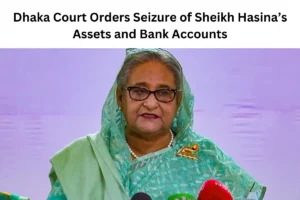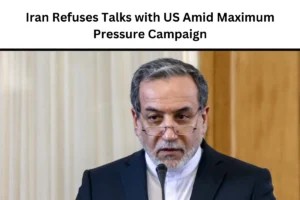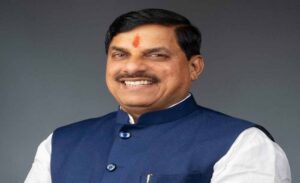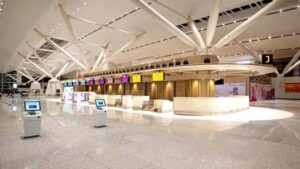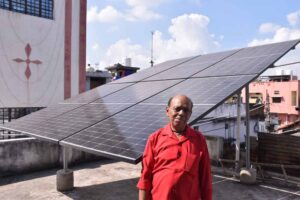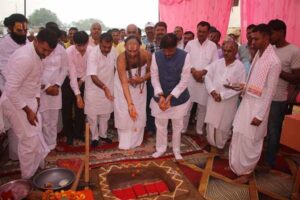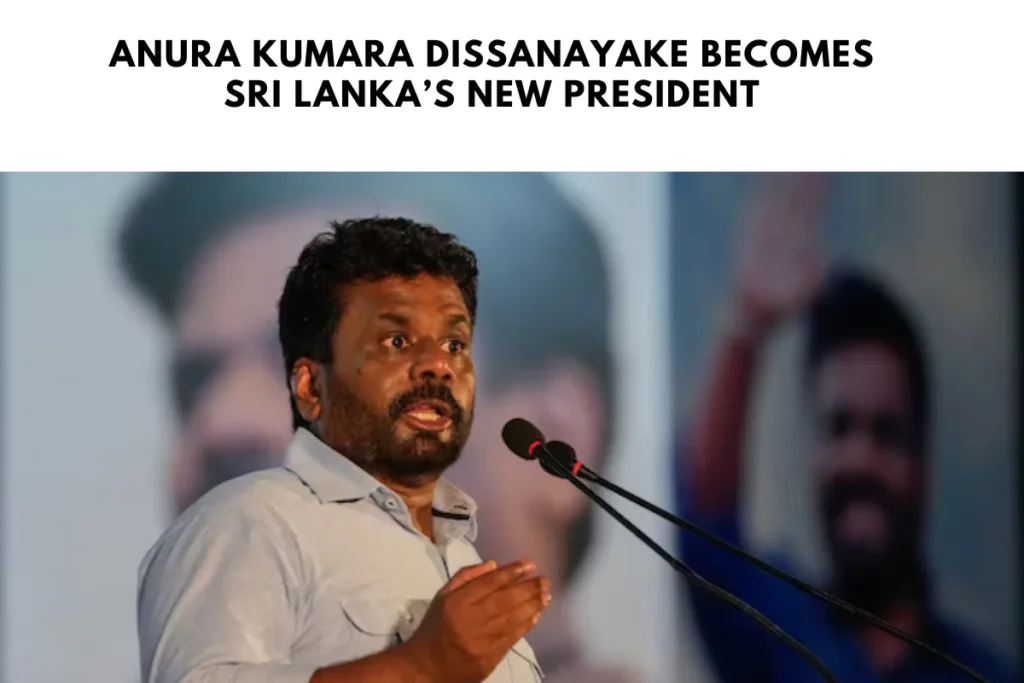
Anura Kumara Dissanayake Elected as Sri Lanka’s President
On Sunday, Anura Kumara Dissanayake, leader of the People’s Liberation Front, was declared Sri Lanka’s next president. The 55-year-old secured 42.31% of the votes in the recent election. Opposition leader Sajith Premadasa followed with 32.76%, while outgoing President Ranil Wickremesinghe trailed in third with 17.27%.
Wickremesinghe had been in office since the 2022 economic crisis, enforcing strict austerity measures under an IMF bailout.
A Three-Way Race
The 2024 presidential election saw 38 candidates compete, but it was mainly a contest between Dissanayake, Premadasa, and Wickremesinghe. The outgoing president was appointed by Parliament in July 2022 to finish Gotabaya Rajapaksa’s term.
Who is Anura Kumara Dissanayake?
Dissanayake leads National People’s Power (NPP) and the Janatha Vimukthi Peramuna (JVP). He has long represented change, appealing to those frustrated with traditional politics. His party, rooted in the Marxist-oriented JVP, focuses on social justice and anti-corruption efforts.
Born in Galewela in 1968, Dissanayake moved to Kekirawa as a child. He was the first student from his school to qualify for university. He gained prominence in the 1990s as a student leader promoting communism. In 1997, he became the national organizer of the JVP’s youth wing and joined the party’s politburo by 1998.
Dissanayake first made headlines in 2004 when he won a parliamentary seat from Kurunegala. As part of a coalition, he served as a Cabinet minister before resigning in 2005. In 2014, he took over the leadership of the JVP. His political career continued with a victory in the 2015 general elections, where he served as Chief Opposition Whip.
In 2019, Dissanayake ran for president but only secured about 3% of the vote.
Dissanayake’s Vision for Sri Lanka
Dissanayake’s campaign focused on breaking the “cycle of corruption and mismanagement” that has troubled Sri Lanka for decades. His message of “system change” resonated with those seeking accountability from political leaders.
His party’s manifesto emphasized the need for significant reforms in education, healthcare, and housing. A pre-election survey placed Dissanayake as the front-runner, with 36% of the vote, ahead of his rivals.
Sri Lanka’s Unique Voting System
Sri Lanka’s election system allows voters to choose three candidates in order of preference. If no candidate receives a majority, the top two remain in the race. The votes of eliminated candidates are then redistributed, based on preferences, to the top two. The candidate with the highest total wins.
(This story is published from a syndicated feed and has not been edited by ANN Media, except for the headline.)
for more updates follow ANN MEDIA on facebook , X , Instagram and Linkedin

